Country's liquidity, low inflation remain significant appeal to potential investors
The investment value of China's assets should in no way be overlooked at a time when global economic growth is facing volatility in terms of both interest rates and inflation figures, said world-leading asset managers who have sped up their expansion in the Chinese market over the past few months.
Investment bank JPMorgan has been actively increasing its holdings of Chinese assets. On Oct 5, it spent more than HK$34.8 million ($4.4 million) to purchase more than 12.9 million shares of Aluminum Corp of China Ltd. In late September, it bought 15.7 million shares of Ping An Insurance and 2.8 million shares of Chinese electric carmaker Xpeng.
Wendy Liu, JPMorgan's chief China equity strategist, said the average market valuation of A shares is quite low at present, showing much growth potential, which points to investment opportunities.
Quality A-share companies, especially those from the consumer sector, may create the most opportunities if credit continues to expand in the country, she said.
Two funds under Capital Group, one of the top 10 global asset managers according to London-based financial information provider IPE, increased their holdings in eight Chinese companies in September, including Alibaba, Kweichow Moutai and biopharmaceutical company Wuxi AppTec.
Although the benchmark Shanghai Composite Index shed more than 16.7 percent in the first nine months and closed below the psychologically significant level of 3000 points at 2979.79 on Tuesday, northbound capital — the amount that foreign investors pour into A shares via the stock connect mechanism between the Shanghai, Shenzhen and Hong Kong bourses — reported net inflows of over 52.2 billion yuan ($7.3 billion) over the same period, according to market tracker Wind Info.
Clare Zhao, head of China business for French asset management company Amundi, said Chinese assets are increasingly in demand in terms of global asset allocation mainly because many Chinese equities and bonds are relatively less-correlated to assets in other parts of the world. The holding of Chinese assets can help investors diversify risk and enrich their portfolios, she said.
Wang Taosha, portfolio manager at Fidelity International, said China's inflation growth being controlled under 3 percent is a huge advantage at present compared to high-flying inflation in the United States and Europe. Such a benefit is conducive to the Chinese government's top priority of seeking economic growth, she said.
The world's largest asset manager BlackRock, which in June 2021 became the first wholly foreign-owned asset management firm to operate in China, issued two mutual fund products so far this year. In mid-February, BlackRock CCB Wealth Management — in which BlackRock holds a 50.1 percent stake — was approved to be the first foreign-controlled institution to issue personal pension products. In early May, BlackRock became the first Qualified Domestic Limited Partnership, allowing its Chinese mainland clients to invest in overseas markets with the US firm's products.
All these are based on Black-Rock's belief in China's strong economic resilience, said Tony Tang, BlackRock's head of China operations, adding that China is one of the company's long-term strategic focuses.
Zhou Lingling, China general manager of Pimco — the asset management arm of insurer Allianz SE — said the company is expanding its business and making more investments in China in light of the many opportunities. While interest rates may further fall in China, the country's rich liquidity is still of much appeal to bond investors, she said.








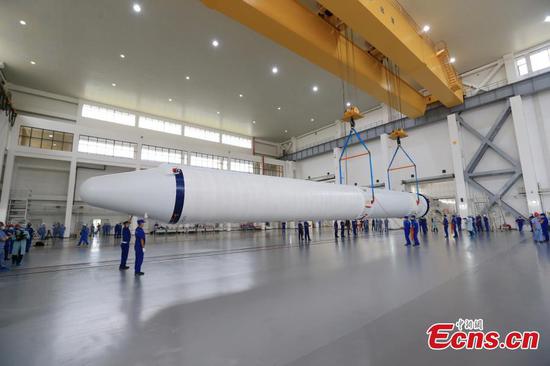
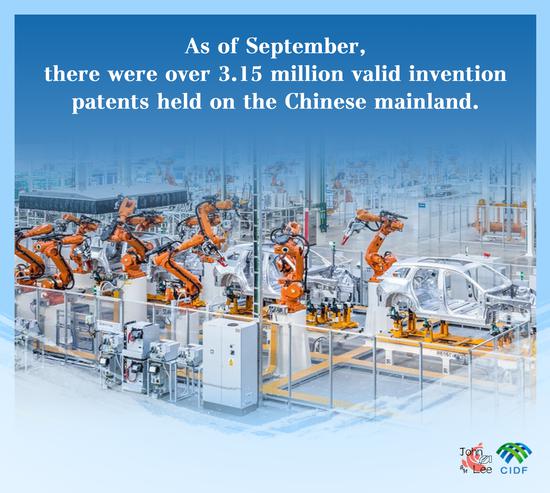


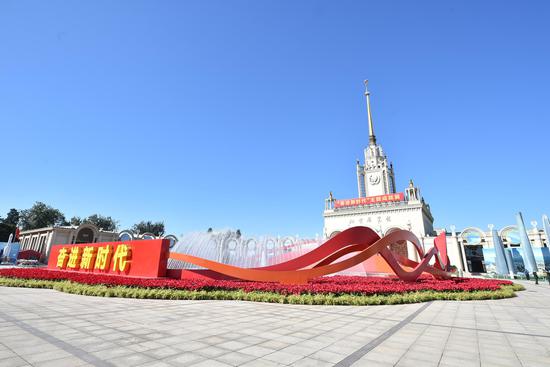






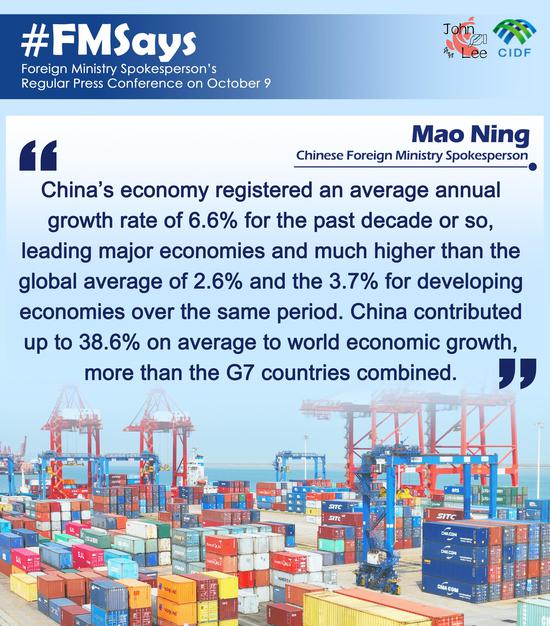





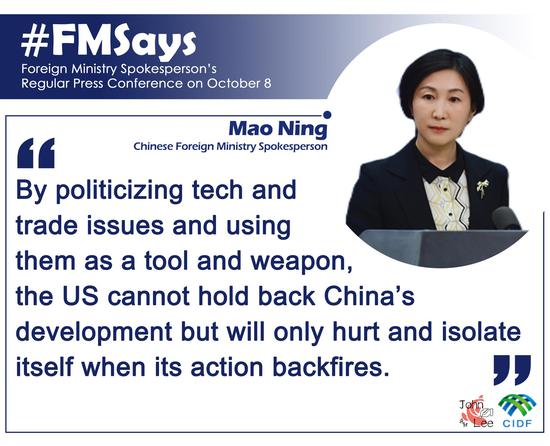





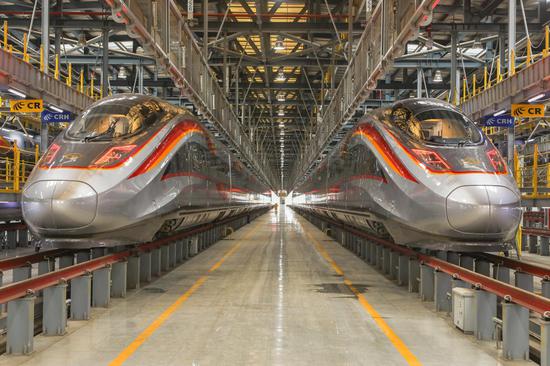


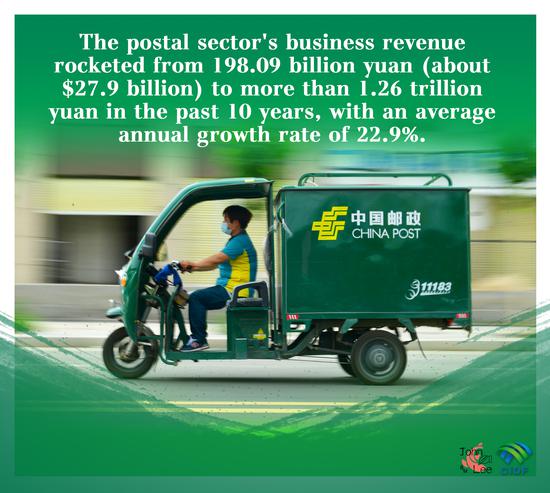
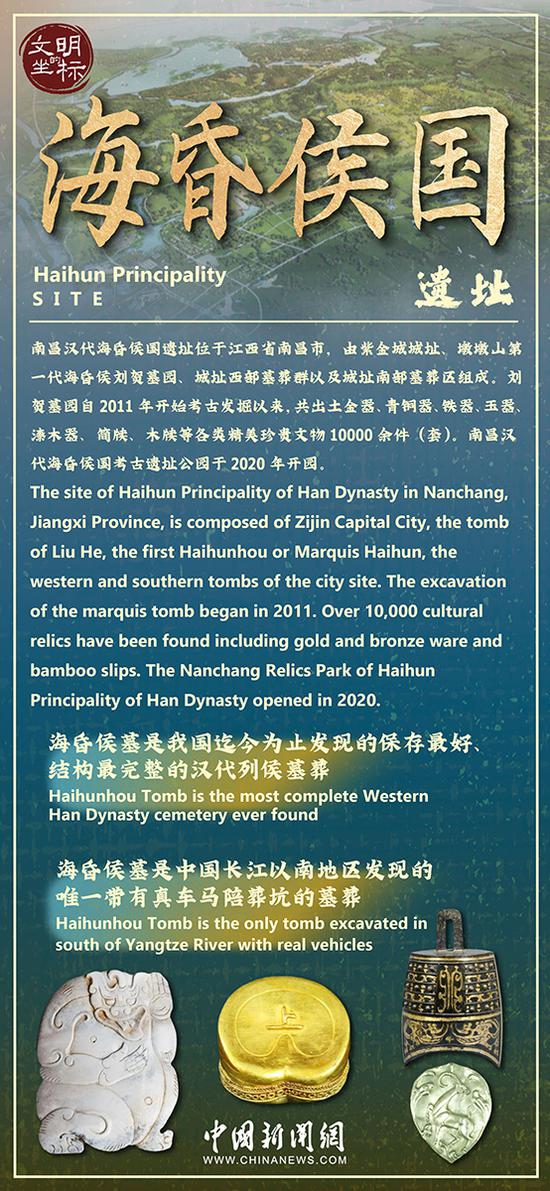



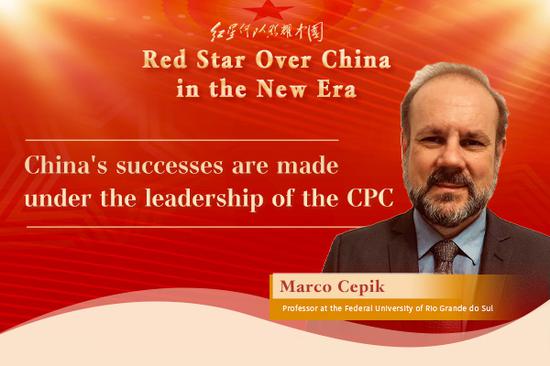

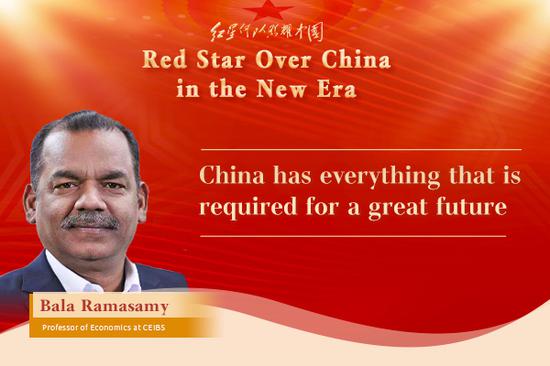
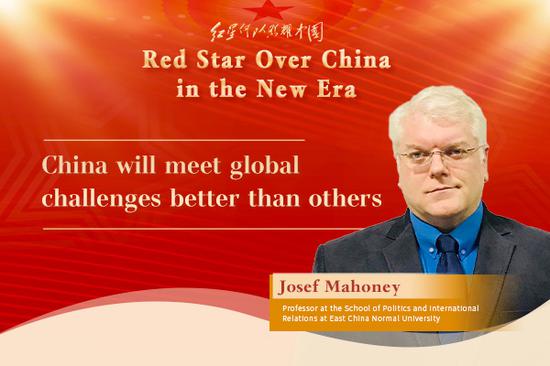
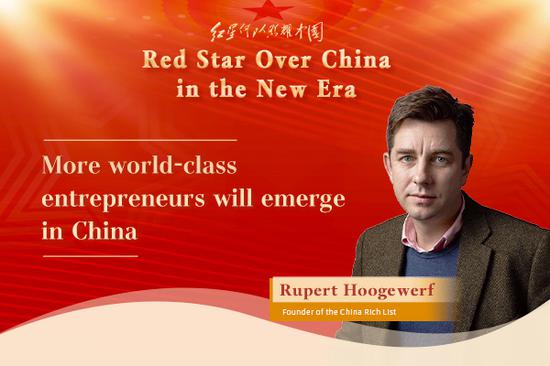
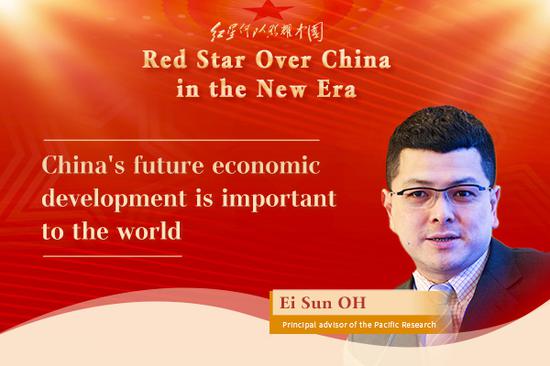





 京公网安备 11010202009201号
京公网安备 11010202009201号